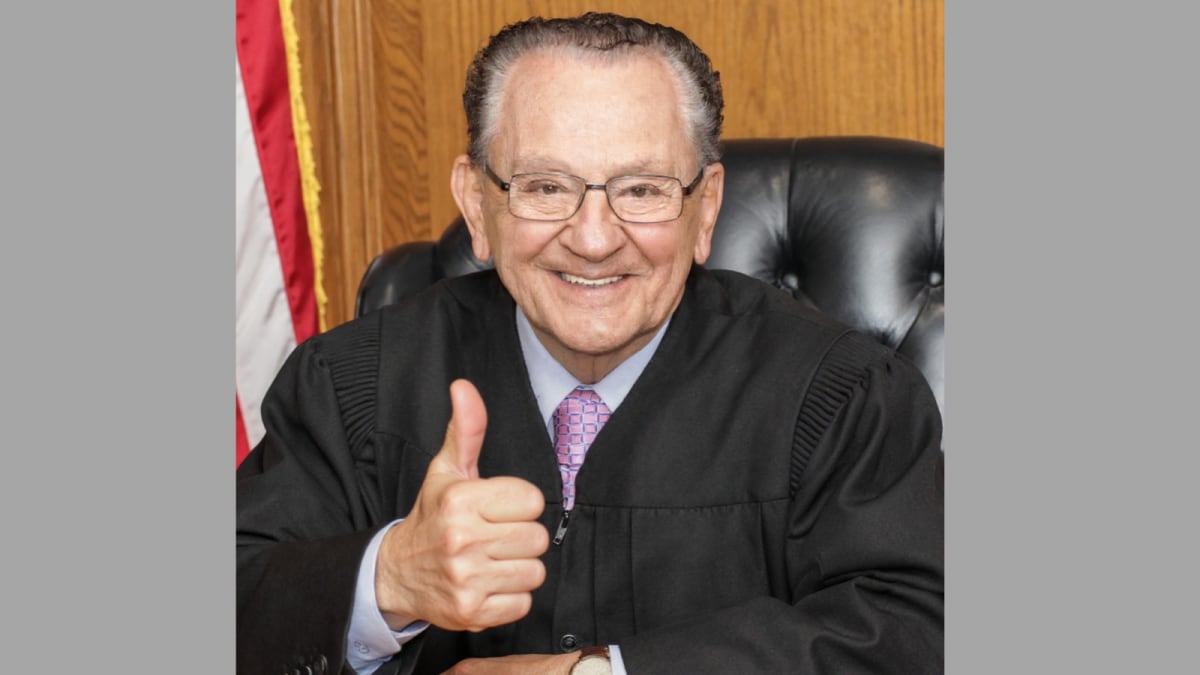ARTICLE AD BOX
With the bills, the government looks to end a rather tepid Parliament session with a bang, even as the opposition has gone on a warpath, terming them 'draconian'. What are the bills, and why have they hit a nerve with the opposition?

The bills have been pitched by the government as a major reform to curb the criminalisation of politics
A minister, chief minister and even the prime minister can lose their post in a month on being arrested or detained for 30 days in a row if three bills that are set to be introduced in Parliament on Wednesday get approval.
With the bills, to be tabled by Home Minister Amit Shah, the government looks to end a rather tepid Parliament session with a bang, even as the opposition has gone on a warpath, terming them "draconian".
WHY OPPOSITION IS UP IN ARMS?
A key grouse of the opposition is that the legislation would be used by the government to destabilise opposition-ruled states through arbitrary arrests of ministers and chief ministers.
Imagine this. Last year, AAP chief Arvind Kejriwal spent six months in jail before being granted bail in the liquor policy case. During the six months, he ran the government from jail. It was only after he got bail that he stepped down.
If the new bills were in place, Kejriwal would have been automatically removed as chief minister on the 31st day of his custody after arrest.
The bills have been pitched by the government as a major reform to curb the criminalisation of politics. However, the passage is expected to face stiff resistance from the opposition, who might even take the legal route in the light of the Supreme Court's criticisms of the functioning of central agencies.
But first, let's understand the three bills and their provisions.
WHAT ARE THE BILLS TO REMOVE PM, CHIEF MINISTERS?
The three bills listed for introduction are the Constitution (130th Amendment) Bill, the Government of Union Territories (Amendment) Bill, and the Jammu and Kashmir Reorganisation (Amendment) Bill 2025.
The Constitution (130th Amendment) Bill provides for the automatic removal of a prime minister, chief minister, or minister if they remain in judicial custody for 30 consecutive days. However, the offence for which they are held should be punishable for five years or more.
Thus, even if they are not convicted, they can be removed from their posts. The legislation brings them on par with civil servants, who are suspended upon arrest.
This has brought into focus the Prevention of Money Laundering Act (PMLA), which has been used by the ED to arrest several opposition leaders in the recent past. Under the PMLA, one can be arrested by the ED and denied bail for 30 days.
In such a scenario, a chief minister or minister arrested under the proposed law will cease to hold office once the 30-day threshold is crossed. This is what has led to concern among the opposition.
However, the PM, chief ministers or ministers can be subsequently re-appointed by the President or governor upon their release from custody.
Similar provisions will apply to Jammu and Kashmir and the Union Territories, which are governed through a separate legislative framework.
However, the bills are likely to be sent to a joint committee of Parliament for further scrutiny and discussion after their introduction in the Lok Sabha.
- Ends
Published By:
Abhishek De
Published On:
Aug 20, 2025



.png)
.png)
.png)
















 17 hours ago
5
17 hours ago
5










 English (US) ·
English (US) ·